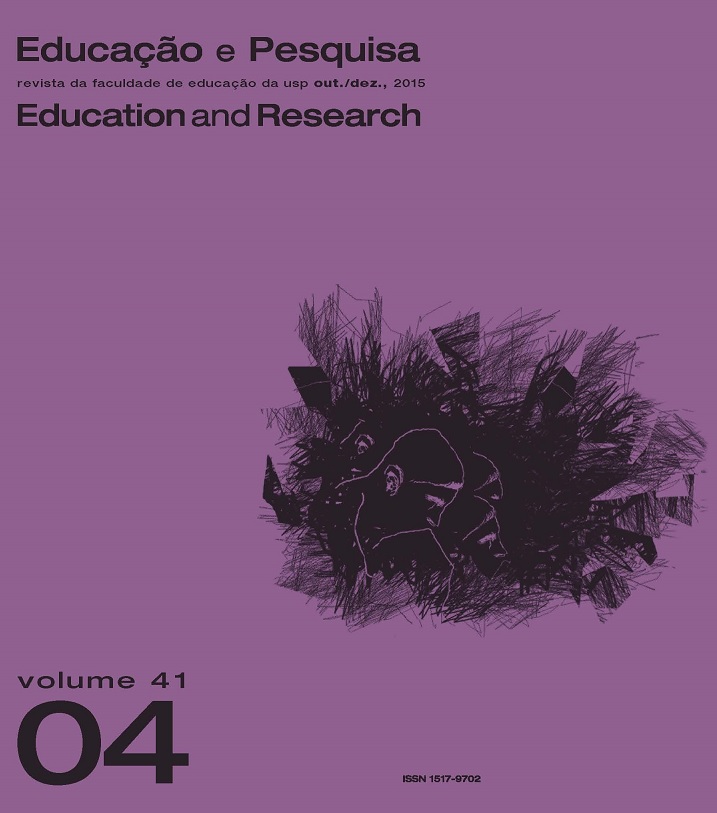Regulation of Brazilian higher education: the Technological Innovation Act and the Public-Private Partnership Act
DOI:
https://doi.org/10.1590/S1517-9702201512130955Abstract
Abstract This article problematizes the public-private articulations included in the debate about the concept of higher education in virtue of the regulatory framework launched by the Technological Innovation Act (Act 10,973/2004) and the Public-Partnership Act (Act 11,079/2004). I start from the premise that this regulatory framework recovers key ideas from Plano Diretor da Reforma do Aparelho do Estado [Master Plan for the Reform of the State Apparatus] (BRAZIL, 1995), particularly the concept of higher education as a tradable service, the regulation of which is established, at a global level, by the General Agreement on Trade in Services (WTO, 1995) conceived at the World Trade Organization (WTO). The delivery of the so-called higher education services is not exclusively attributed to the State according to the Master Plan in the Brazilian context, which is different from the concept of higher education as a right granted by the State, according to Article 205 of the 1988 Brazilian Federal Constitution). In the current regulatory framework, a conception oriented towards the production of technological innovation is reinforced; the productivity of universities is measured according to the logic regulated by the Technological Innovation Act (2004a), which sets forth the establishment of partnership agreements between universities and the market according to the rules of the Public-Private Partnership Act (2004b). Such regulatory framework brings continuations and a deepening of the construction of a concept of higher education as a commercial service, redefining the citizen as a user or a consumer of those services.Downloads
Download data is not yet available.
Downloads
Published
2015-12-01
Issue
Section
Articles
License
Authors assume exclusive responsibility for the concepts expressed in their articles, which do not necessarily reflect the journal’s opinion.
Permission to photocopy all or part of the material published in the journal is granted provided that the original source of publication be assigned.
How to Cite
Regulation of Brazilian higher education: the Technological Innovation Act and the Public-Private Partnership Act . (2015). Educação E Pesquisa, 41(4), 961-973. https://doi.org/10.1590/S1517-9702201512130955



